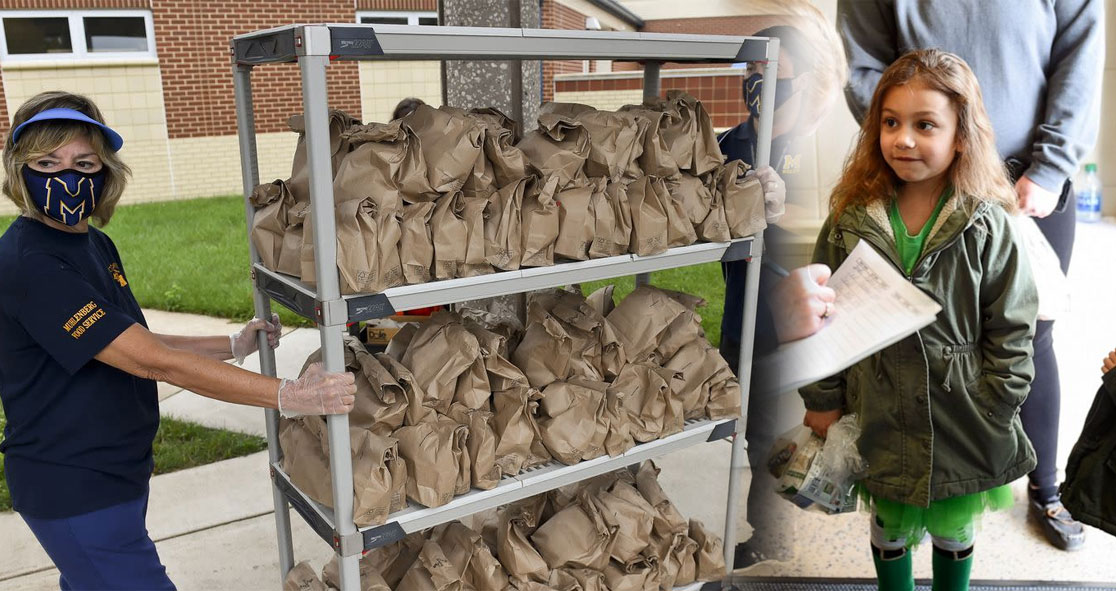On Monday, the United States Department of Agriculture (USDA) announced a new effort to feed millions of children over the summer.
Usually, during summer, free school meals reach just a small minority of the children who rely on them the rest of the year.
The USDA’s program is called the Pandemic Electronic Benefit Transfer (P-EBT) and it estimates that the program will reach more than 30 million children this summer.
Tom Vilsack, US Secretary of Agriculture, told NPR, “If children and children’s learning and children’s health is a priority for us in this country, then we need to fund our priorities. I think it’s an important day.”
The USDA says, “P-EBT takes the value of the meals kids aren’t getting at school, about $6.82 per child per weekday, and puts it onto a debit card that families can use at the grocery store.”
Children can get the new P-EBT summer expansion if they are eligible to get free or low-cost meals during the school year, according to NPR.
Crystal FitzSimons of the Food Research & Action Center (FRAC) said, “Families are still in crisis as a result of the pandemic, and providing Pandemic EBT benefits this summer will help reduce childhood hunger and support good nutrition.”
The new program was started in March 2020 as an emergency move to help children whose schools had to be closed due to the pandemic. P-EBT was extended as part of the American Rescue Plan, the massive COVID-19 relief package that President Biden signed this past March, according to NPR.
Currently, the USDA has approved at least 37 states and the District of Columbia and Puerto Rico to provide P-EBT.
Vilsack said, “When I took this job, I think only 12 states were currently enrolled … and we’re continuing to get states in every day.”
He was asked why some states denied signing on it. He replied, “I think the guidance that we were providing to states was a little bit murky … There’s no confusion about the simple plan here for the summer. Mom and Dad get a card. They are able to go to the grocery store. They now have more resources to be able to feed their family.”
The US Census Bureau’s Household Pulse Survey has offered regular snapshots of families’ wellbeing during the crisis and said the food insecurity has been declining in recent months.
“Food insecurity rates are finally starting to come down,” said Lauren Bauer of Brookings Institution.
She said a host of federal programs to fight hunger and put money in the pockets of low-income Americans are “putting substantial downward pressure on food insecurity rates. It’s a whole new world.” The article was originally published on NPR.























